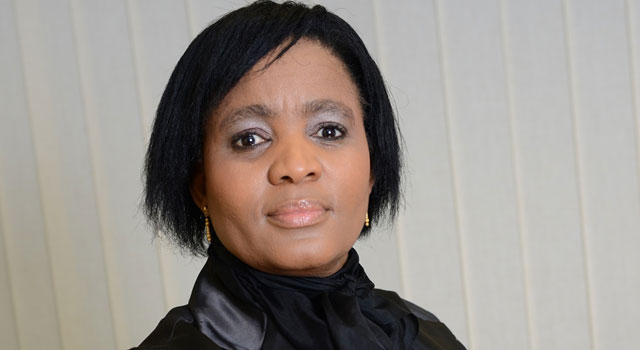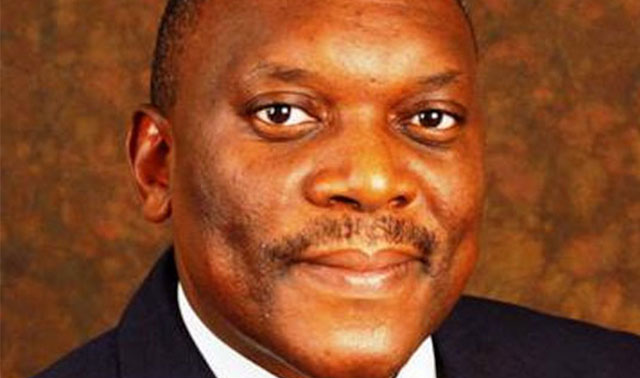
Broadband Infraco, the state-owned company created by the department of public enterprises in the mid-2000s to challenge Telkom’s then absolute monopoly in national telecommunications infrastructure, has reported a loss of R143m for the year to March 2014. This is a slight improvement on the R175m loss reported in 2013.
The smaller loss comes on the back of a big jump in revenue, which climbed by 27% to R302m. However, this number is still far short of the R394m in revenue generated in 2012, when the business reported a loss of R95m. Cash from operations in 2014 was a healthy R329m.
The improving picture is thanks to new customers, including an anchor customer win with Cell C. Broadband Infraco, which provides only wholesale telecoms services to licensed and licence-exempt operators, now has 14 customers, up from three two years ago.
Earnings before interest, tax, depreciation and amortisation (Ebitda) also showed improvement on 2013 at a negative R36,1m. Broadband Infraco CEO Puleng Kwele has promised Ebitda profit within two years. The company, which until recently reported into public enterprises, now has the department of telecoms and postal services as the entity into which it reports.
Telecoms minister Siyabonga Cwele said he welcomes the fact that Infraco received an unqualified audit for the 2014 financial year. “But we encourage them to do better as a public company.”
Cwele said no decisions have been made yet about what role Broadband Infraco and other state-owned companies will play in government’s plan to reduce the digital divide in South Africa.
Government has said for years that it is keen to use state-owned enterprises to deliver broadband access to underserviced parts of the country. But Cwele said the private sector will also be expected to play an important role in delivering broadband outside the cities.

“We have Broadband Infraco, Telkom, Usaasa, Sentech — those are all companies under our department’s supervision,” he said. “We have asked them to engage and we are engaging with them to see how best they deliver these services. We have targets set by the government which we must reach.
“Whether we have a national broadband company, it will come out of those discussions. They are still quite intense discussions. We will look at different options as to how those state-owned entities cooperate. The prize is cooperation and we must avoid duplication so investment is not wasted,” Cwele said.
“As government, we will not be alone in this. We will encourage the private sector to invest in this infrastructure because there will be reasonable returns. We need to attract and encourage the private sector to invest in both the rural and urban areas. We will work closely with the regulator [Icasa] to stimulate that type of investment.”
Asked whether government will merge Broadband Infraco and Telkom — both companies are keen to lead a government-funded project to roll out infrastructure — Cwele said no decisions have been made yet to rationalise state-owned entities. “Government is coordinating all activities under Sip15. That’s where we are coordinating investments. From our side, there is no rush. There are discussions. These must first take place. We must look at options.”
Sip15, or Strategic Integrated Project 15, is part of the Presidential Infrastructure Coordinating Commission. It deals with expanding access to communications technology and aims to “ensure universal service and access to reliable, affordable and secure broadband services by all South Africans, prioritising rural and underserviced areas and stimulating economic growth”. — © 2014 NewsCentral Media




